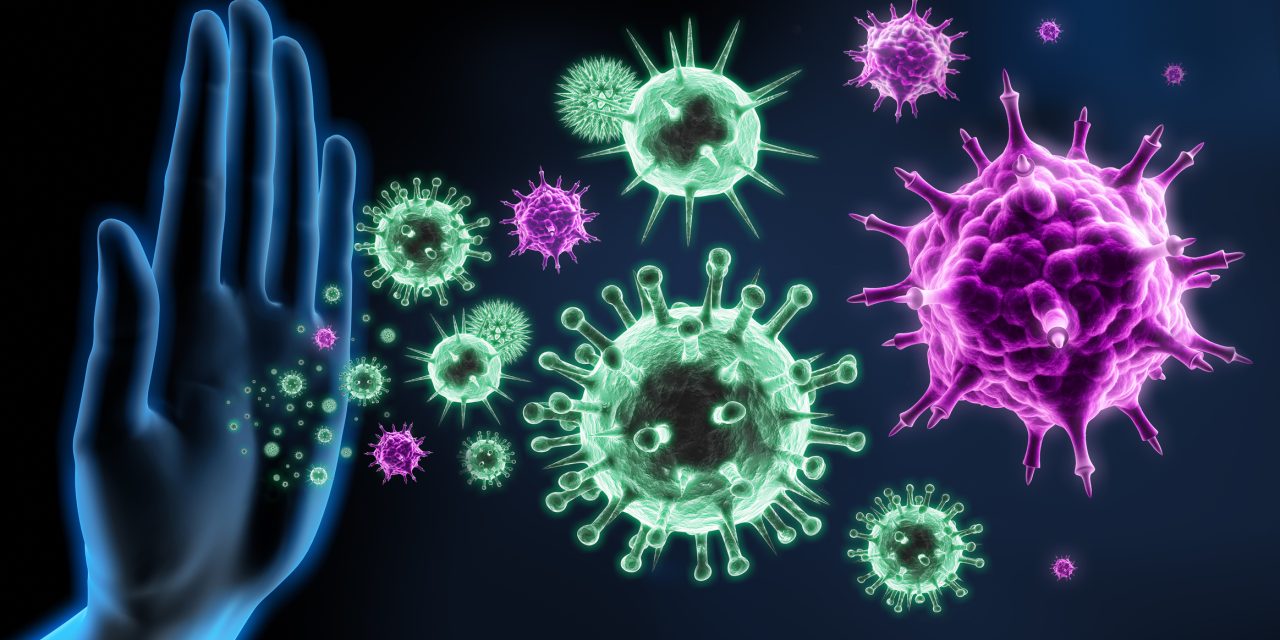The COVID-19 pandemic has posed multiple substantial challenges, affecting not only public health but also economic systems, socio-cultural patterns, and political institutions. Studies have focused on the relationships between complex emergencies and natural disasters with outbreaks of infectious diseases. However, there is a dearth of relevant literature on the impact of a global pandemic on vaccination programs – an important topic because delays or stops in such programs are likely to result in outbreaks and epidemics of other infectious diseases. Thus, this article discusses the negative and positive impacts that the COVID-19 pandemic may exert on vaccination for vaccine-preventable diseases (VPDs). Negative impacts include the increased risk of VPD outbreaks in low-resource countries where vaccination programs must be temporarily halted to prevent the spread of infection. Positive effects include the strong possibility that the universally-recognized need for a coronavirus vaccine may increase people’s appreciation for vaccines in general, resulting in improved vaccination uptake once the pandemic passes. Concerned stakeholders, such as governments and the World Health Organization (WHO), should seize this moment to effectively build on these positive impacts by planning renewed and revitalized post-COVID vaccination programs.
Impact of COVID-19 on vaccination programs: adverse or positive?


